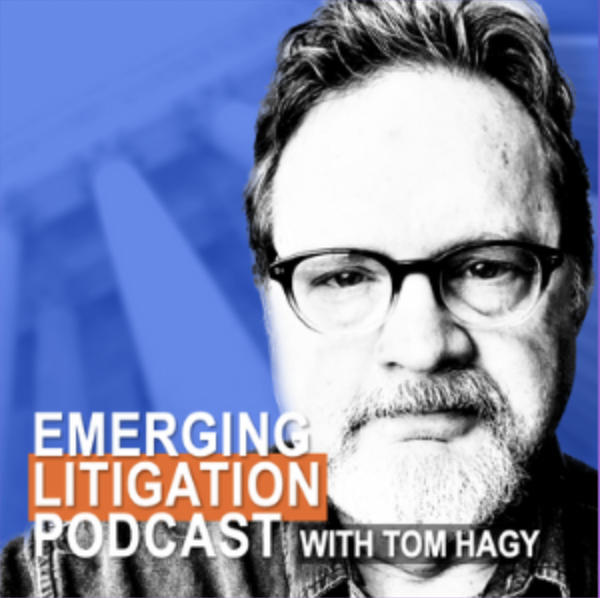Montana Court Awards $2.9 Million in Fees to Youth Climate Plaintiffs After Landmark Constitutional Win
The constitutional provisions are directly impacted by anthropogenic climate change, and climate change harms the Youth Plaintiffs by harming their physical and psychological health and safety, interfering with family and cultural foundations and integrity, and causing economic deprivations.
–Montana Supreme Court in Held v. State
A Montana District Court recently awarded $2.86 million in attorney fees and $98.7 million in costs to the youth plaintiffs who prevailed in their constitutional climate change case against the State of Montana and other state defendants.
In making this award under the Private Attorney General Doctrine (PAGD), the court emphasized the “exceptional strength and societal importance of the public policies vindicated by this litigation,” noting the substantial harms affecting Montana’s children and the natural environment. The number of beneficiaries was found to include all those protected by rights guaranteed in the Montana Constitution.
The court further found that equity supported the fee award under the Uniform Declaratory Judgment Act (UDJA), highlighting the disparity between the resources available to the youth plaintiffs—who “suffer the direct impacts of climate change and have limited means to seek redress”—and those of the state defendants, who possess “significantly greater governmental capacity to protect Montana’s natural resources.”
This decision follows the Montana Supreme Court’s December 2024 affirmation of the District Court’s ruling which recognized the Montana Constitution’s protection of the right to a stable climate system. The case was brought by 16 youth plaintiffs who challenged a provision of the Montana Environmental Policy Act (MEPA) that barred consideration of greenhouse gas emissions in environmental reviews.
The Supreme Court held that the youth plaintiffs had standing to assert their right to a clean and healthful environment and found the MEPA limitation violated that right. The opinion underscored the right’s “forward-looking and preventative” nature, its application to pollutants not fully understood at the time of the 1972 Constitutional Convention, and required that statutes implicating the right undergo strict scrutiny (Held v. State, 2024 MT 312, 419 Mont. 403, 560 P.3d 1235).
The District Court remarked on the need for private enforcement, stating, “The need for private enforcement of the constitutional provisions asserted by Plaintiffs is established by all of the circumstances, including the scientific facts established at trial.” The court explained the broad reach of its ruling. “The number of people standing to benefit from this Court’s decision in this case is the number of persons who benefit from the rights in Montana’s Constitution.”
These findings underscore the significance of the Held v. State case as a major recognition of climate-related constitutional protections at the state level and highlight the vital role of private enforcement in safeguarding environmental rights for future generations.


